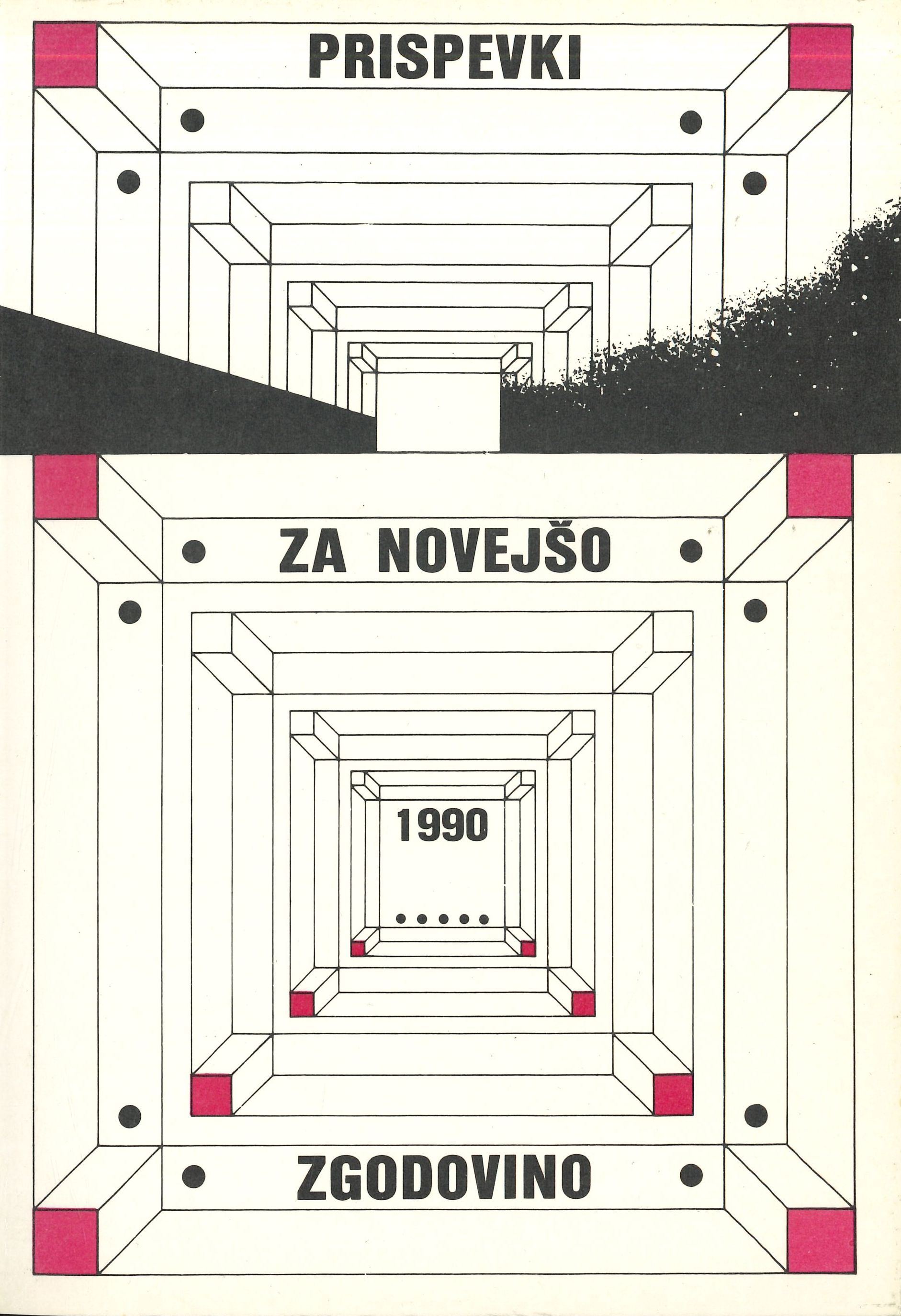The German Liberalism and the Issue of a Nation as well as a State System
A Comparison with Yugoslavia in 1920s
Keywords:
liberalizem, nemški liberalizem, jugoslovanski liberalizem, centralizem, unitarizemAbstract
The author compares the national-political theory and practice as they have been shaped by the German and the Yugoslav liberalisms in the 1920s concerning the issue of a nation. He establishes that the two liberal political concepts supported state- centralism as well as national unitarianism; the German liberalism considered the abolition of the former Prussian domination within the German state to be the genuine trait of centralism, while the centralist orientation advocated by the Yugoslav liberalism implied support to Serbia's monarchist hegemony. The autor emphasizes that accepting a non- existing national unitarianism, the Yugoslav liberal circles turned out to be a political force that avoided the issue of a nation quite on purpose.
Downloads
Published
Issue
Section
License
Authors who publish with this journal agree to the following terms:
- Authors retain copyright and grant the journal right of first publication with the work simultaneously licensed under a Creative Commons Attribution License that allows others to share the work with an acknowledgement of the work's authorship and initial publication in this journal.
- Authors are able to enter into separate, additional contractual arrangements for the non-exclusive distribution of the journal's published version of the work (e.g., post it to an institutional repository or publish it in a book), with an acknowledgement of its initial publication in this journal.
- Authors are permitted and encouraged to post their work online (e.g., in institutional repositories or on their website) prior to and during the submission process, as it can lead to productive exchanges, as well as earlier and greater citation of published work (See The Effect of Open Access).


